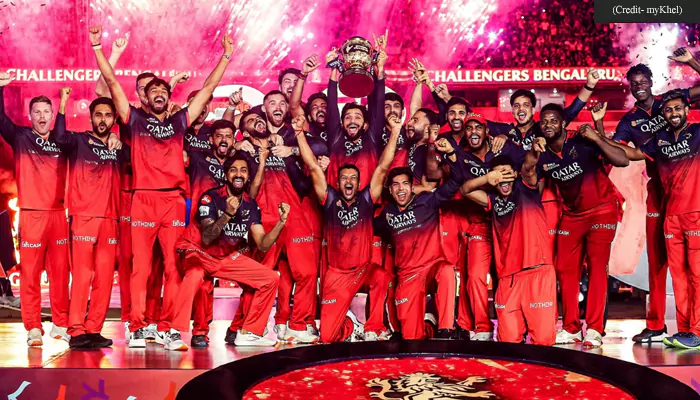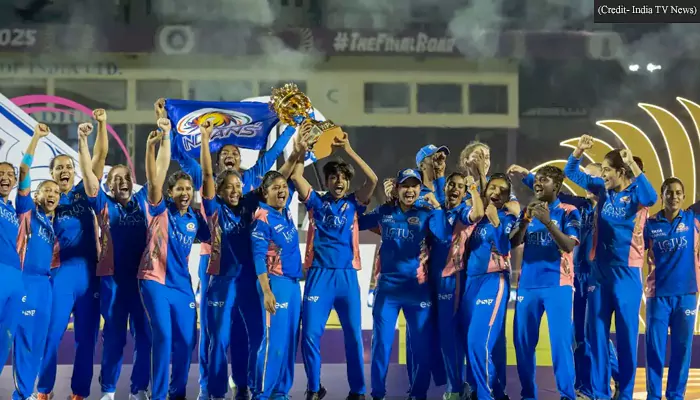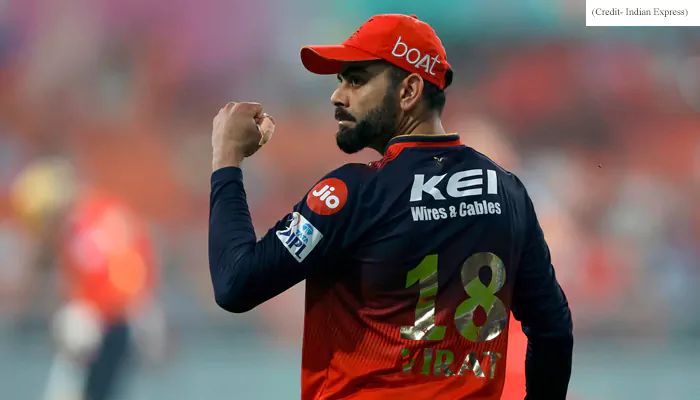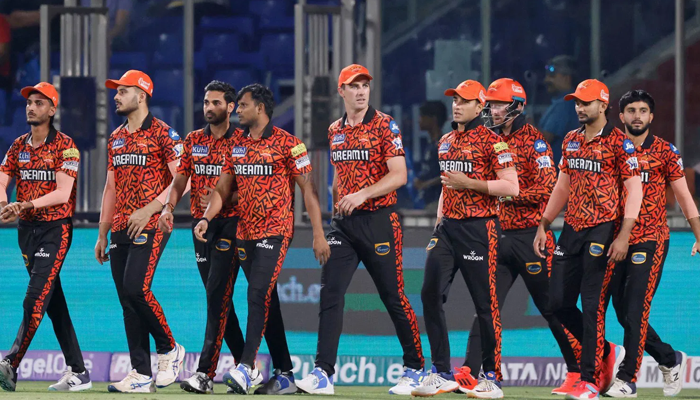When a Football Match Shaped Yugoslavia's Destiny -- Unravelling the Legacy of the Match
- Admin
- 1 year ago
- 3 minutes read

Credit: @fatihselcuk__
Ever wondered how a football match could rewrite history? Imagine it's May 4, 1980, and the stage is set for a typical Yugoslav First League showdown between Hajduk Split and Red Star Belgrade. But what unfolds on that fateful day goes far beyond the boundaries of sportsmanship. Join us as we embark on a journey into the heart of this extraordinary match—a tale where football meets grief and the unexpected becomes the norm.
Getting the news in the stadium: A shockwave of grief
As the game between Hajduk Split and Red Star Belgrade unfolded, little did anyone know that a momentous announcement was about to interrupt the proceedings. Imagine the scene: just before halftime, a hush falls over Hajduk's Poljud stadium as a leading Split politician steps into the commentary booth. With the world watching, the news of Josip Broz Tito's passing reverberates through the air, leaving players and fans alike stunned by the weight of the moment.
Songs of grief: A chorus of unity
In the wake of the announcement, grief grips the stadium like a heavy fog. Yet, amidst the sorrow, something remarkable happens. From the stands rises a haunting melody—a song dedicated to Tito—that transcends team rivalries and unites the crowd in a chorus of mourning. In this shared moment of sorrow, the lines between opposing fans blur, revealing the common humanity that binds us all.
More than a game between two teams: Symbolism unveiled
Beyond the goals and tackles, the clash between Hajduk and Red Star carries profound symbolism, rooted in Yugoslavia's turbulent past. Hajduk's defiance against fascism during World War II and Red Star's storied history intertwine, embodying the nation's resilience in the face of adversity. As the match unfolds, it becomes a microcosm of Yugoslavia itself—a diverse tapestry of cultures and identities united by a shared history.
Tarih 4 Mayıs 1980.
— Josip Broz Hitko (@hitkohitko) May 4, 2020
Hajduk Split-Crvena Zvezda maçı.
Maçın 41.dakikasında maç durduruluyor ve Tito'nun ölüm haberi geliyor. pic.twitter.com/WBuXJmALwx
Credit: @hitkohitko
The match remembered: Echoes across time
Decades later, players from that fateful game still recall the emotional intensity that defined that night. Their memories paint a vivid picture of a nation grappling with loss—a nation bound together by a common thread of grief and solidarity. In their words, we glimpse the enduring legacy of that historic match—a legacy that extends far beyond the final whistle.
The changing of stadium chants: A shift in zeitgeist
In the aftermath of Tito's passing, Yugoslavia underwent profound social and political change, reflected even in the chants echoing through its football stadiums. As pledges of allegiance gave way to the emergence of distinct fan groups, the cultural landscape shifted, signalling a new era of identity and expression. Yet, beneath the surface, tensions simmered, foreshadowing the conflicts that lay ahead.

Credit: @MakesFootball
Towards conflict: Seeds of discord
As the 1980s unfolded, football stadiums became battlegrounds for competing ideologies, mirroring the deepening divisions within Yugoslav society. What began as expressions of national pride and identity soon descended into open hostility, laying bare the fault lines that would ultimately fracture the nation. The events of that historic match served as a harbinger of the conflicts to come, echoing far beyond the terraces and into the annals of history.
The match stands as a testament to the power of sport to reflect the complexities of the human experience. In its aftermath, we find not just a football match but a microcosm of a nation in transition—a nation grappling with its past, present, and uncertain future.












